Question And Answer
Publications
Articles, publications, books, tools and multimedia features from the U.S. Institute of Peace provide the latest news, analysis, research findings, practitioner guides and reports, all related to the conflict zones and issues that are at the center of the Institute’s work to prevent and reduce violent conflict.
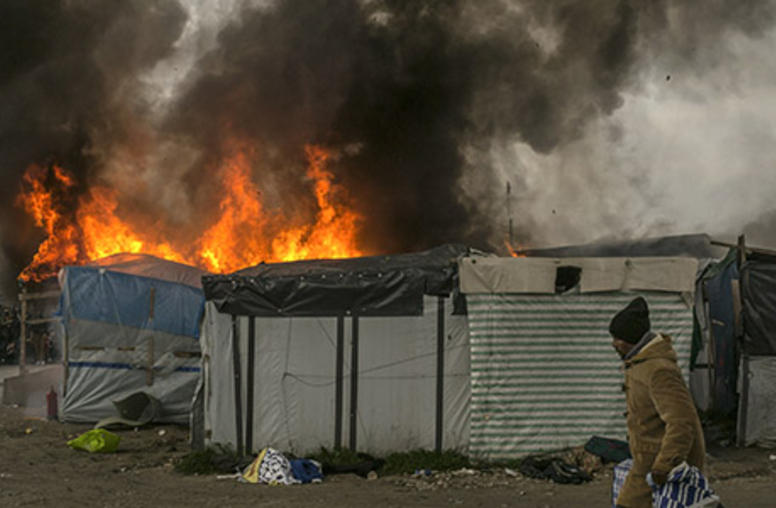
World Bank Seeks Crisis Flexibility for Long-Term Impact
The World Bank Group generally reserves its cheapest loans for the world’s poorest countries. But as protracted conflicts have swelled the number of global refugees, the bank in September unveiled a new, more flexible crisis program that allows, for example, middle-income Jordan and Lebanon, both inundated with uprooted Syrians, to borrow on the bank’s most favorable terms. The shift reflects a growing consensus that traditional distinctions among relief, reconstruction and development work a...
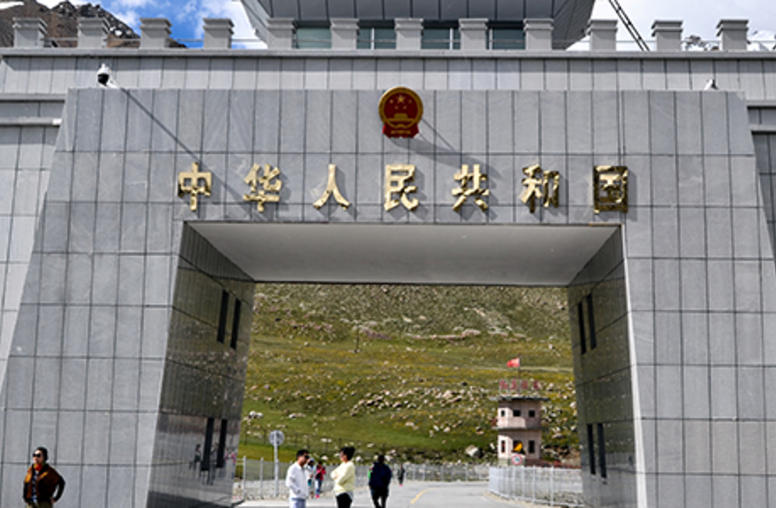
China-Pakistan Economic Corridor: A Road to Peace?
Three weeks ago, trucks carrying goods from China began offloading containers to ships at the Pakistani port of Gwadar, marking the operational opening of the Chinese built-and-financed China-Pakistan Economic Corridor (CPEC). The scale of the $51 billion infrastructure scheme will change Pakistan in ways that offer hope for easing its internal conflicts and its destabilizing fear of international isolation, experts said in a discussion at the U.S. Institute of Peace.
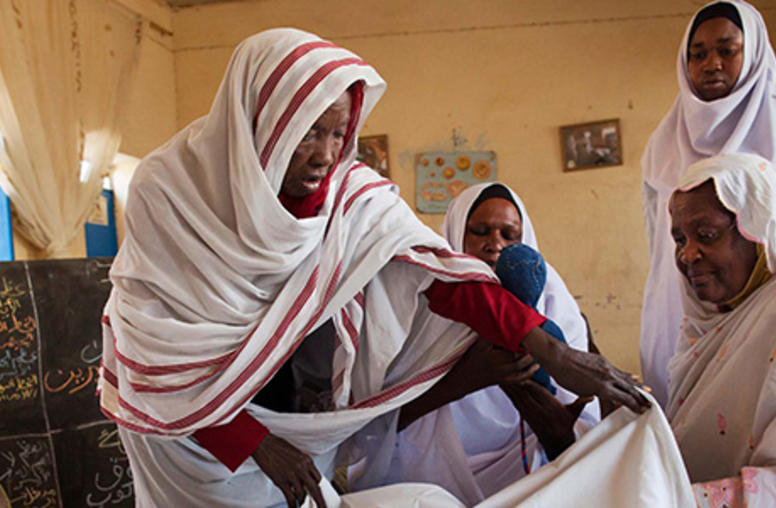
Can Female Genital Mutilation/Cutting Be Stopped?
When she was merely a week old, Jaha Mapenzi Dukureh underwent female genital mutilation in her native Gambia. But the 26-year-old mother of three, now living in the United States, knows the procedure is not something that happens only in some far-off country. She is an outspoken advocate for ending the custom. At a daylong conference at the U.S. Institute of Peace, Dukureh and other experts and government officials detailed the difficulties—and possibilities—of ending a practice that has bee...
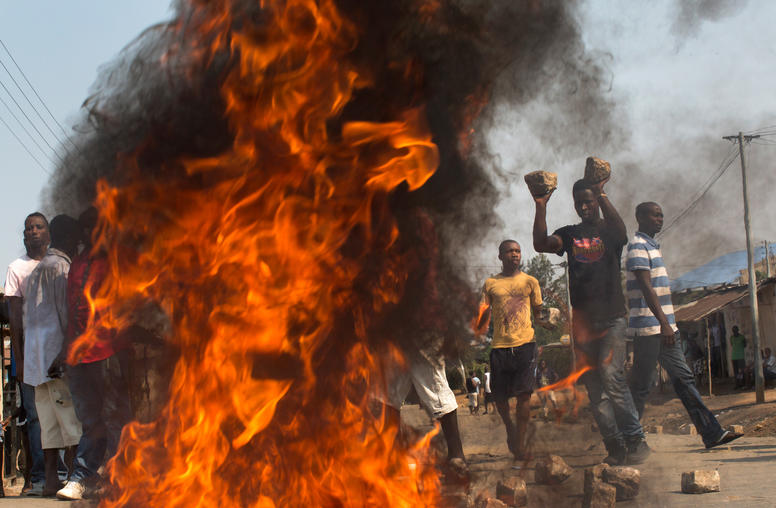
Q&A: What Works in Preventing Election Violence
The elections this year in the Philippines, the Democratic Republic of the Congo, Gabon and even the United States, demonstrate how high-stakes elections frequently trigger anxiety, tension or even violence or the threat of unrest. Properly managed elections allow opposing groups to press their claim to power through a peaceful process. But in fragile democracies, elections frequently feature intimidation or violent protest. U.S. Institute of Peace Senior Program Officer Jonas Claes, editor o...
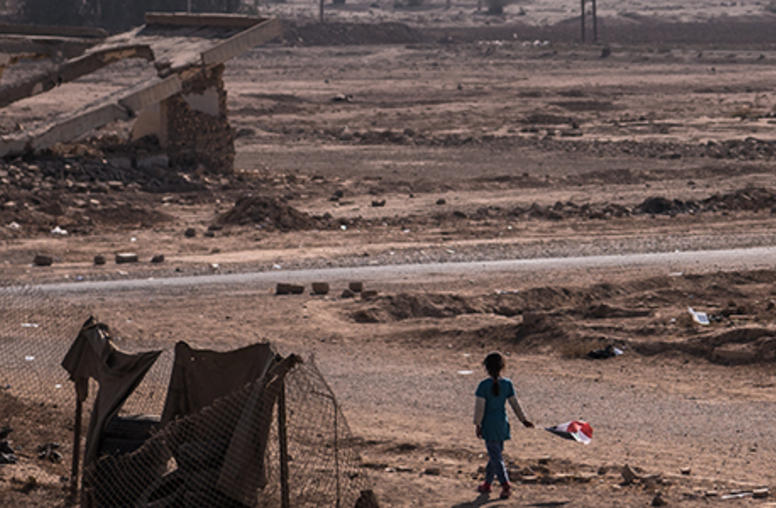
From ISIS to Al-Qaida: The Changing Extremist Threat
The Islamic State may be crumbling across Iraq, but the future prospects of violent extremist groups are far from fading. While ISIS rampaged across Iraq and Syria in 2014, setting up a terror-based regime to impose its will, a revitalized al-Qaida was taking a different, more sustainable approach by grafting itself onto local extremist groups, experts said in a forum at the U.S. Institute of Peace that also examined community approaches to preventing and countering violent extremism. Al-Qaid...
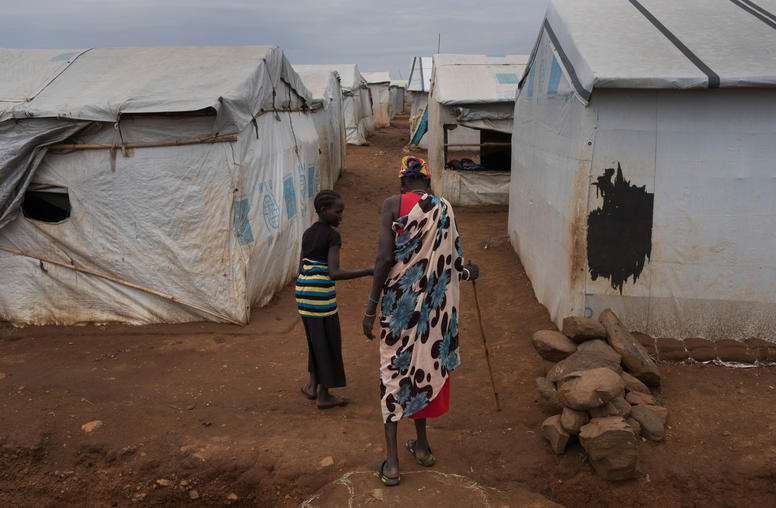
South Sudan: Looming Genocide, Plans for Prevention
The likelihood that South Sudan will descend into genocide and mass starvation is growing by the day, say diplomats, advocates and journalists familiar with the central African nation. Violence has spread to previously peaceful regions, propelled by a political breakdown that increasingly is becoming a clash of ethnic groups. Efforts to mediate between the government and the armed opposition have collapsed. Action by the U.S. and the international community is needed urgently to prevent furth...
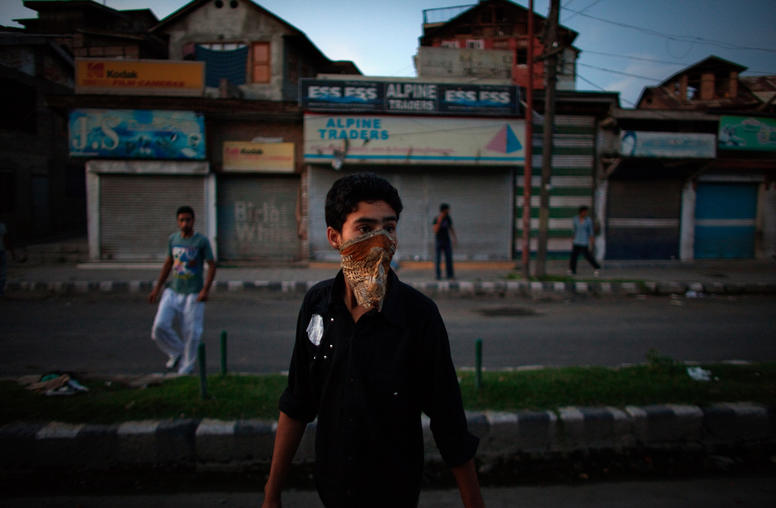
India-Pakistan Needs Trump Administration’s Focus
Relations between India and Pakistan are becoming less predictable as nationalist sentiments in India heighten political pressure there to escalate its response to clashes in the disputed territory of Kashmir, specialists on the two states said. The incoming administration of President-elect Donald Trump should develop clearer U.S. policies to ease strains between the nuclear-armed states, the analysts said at the U.S. Institute of Peace.
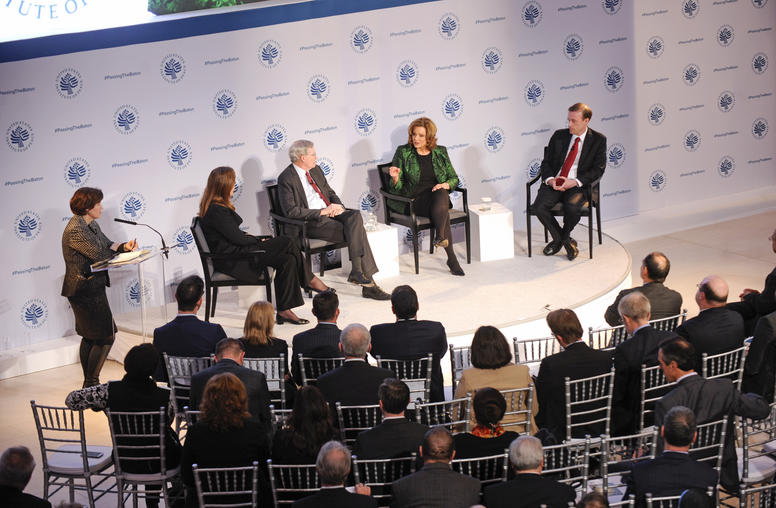
Trump & Obama Aides, Experts Weigh America’s Global Role
Seven weeks past an election that stirred talk of U.S. isolationism, national security aides from the incoming, outgoing and previous administrations held private discussions January 9 that found a broad point of consensus: The United States must lead more, not less, in the world. The meetings, among more than 80 past, present and future officials and independent foreign policy analysts, opened a bi-partisan conference on national security issues convened by the U.S. Institute of Peace (USIP)...
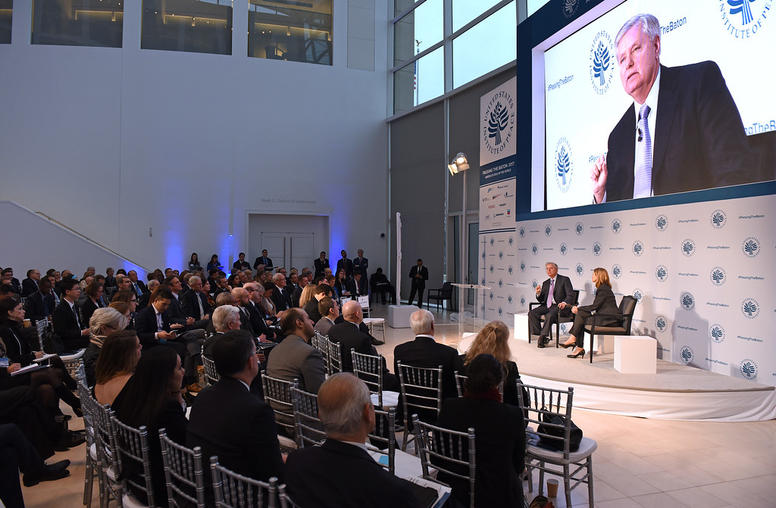
U.S. National Security Chiefs Talk Leadership, Partners
The national security advisors to President Barack Obama and President-elect Donald Trump stood shoulder-to-shoulder on a stage at the U.S. Institute of Peace yesterday and shook hands to a standing ovation at a two-day conference on foreign and national security policy. In speeches, National Security Advisor Susan Rice and her designated successor, retired U.S. Army Lieutenant General Michael Flynn, struck a tone of cooperation on the transition between administrations.
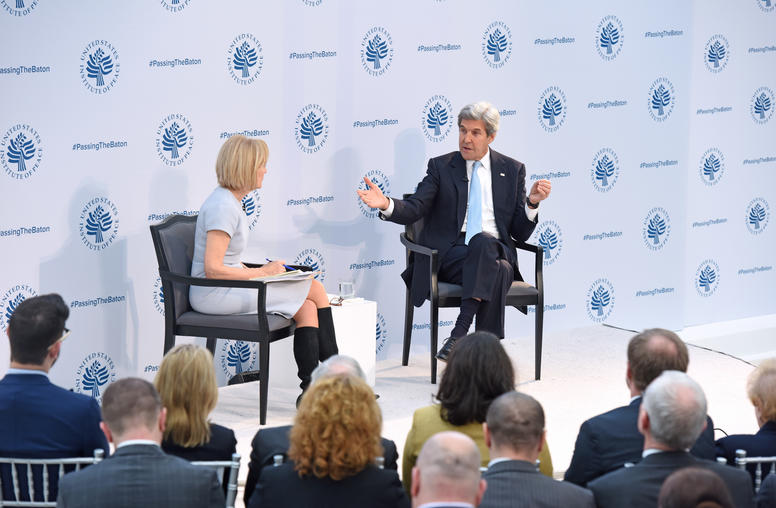
Secretary Kerry Defends Obama Foreign Policy
Secretary of State John Kerry contested what he called “revisionist commentary” about the Obama administration’s foreign policy, laying out a defense of achievements such as a global climate change agreement and the Iran nuclear accord, as part of the U.S. Institute of Peace’s “Passing the Baton” conference on Jan. 10. Kerry also shared his concerns about what he called the “fact-less political environment” and the President-elect’s penchant for communicating foreign policy positions on Twitt...